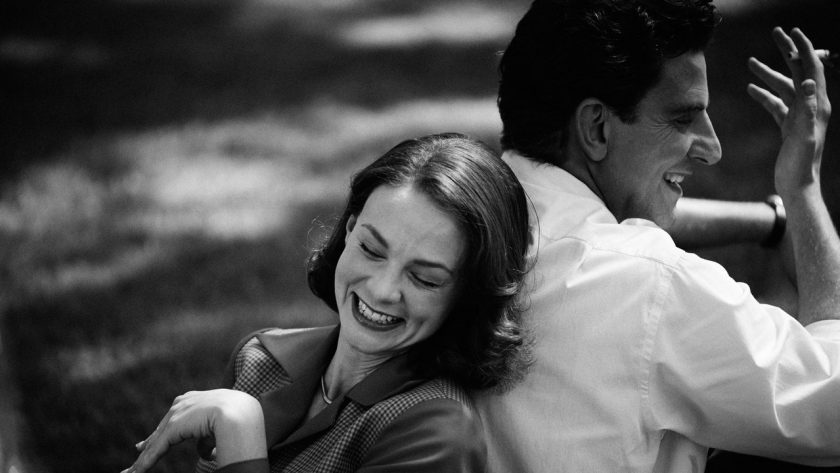So far, the talk of the Venice Film Festival has been the barnstorming performances given by a string of women who have not been able to attend the showcase for one SAG strike-related reason or another—Penélope Cruz, who gave a blistering turn in Michael Mann’s Ferrari; Emma Stone, who’s already generating Oscar buzz with her transformative portrayal of a Victorian woman with the brain of a baby in Yorgos Lanthimos’s Poor Things*—*and now, there’s another showstopper to add to that list: Carey Mulligan, who is simply a knockout in Bradley Cooper’s long-awaited second directorial effort after A Star is Born, the sweeping love story Maestro.
Originally billed as a biopic of Leonard Bernstein (played with nuance and precision by Cooper himself), the prolific conductor behind West Side Story and On the Town who was long regarded as his nation’s best, this fleet-footed and heady slice of recent history is, in fact, an achingly moving portrait of his wife: Felicia Montealegre Bernstein (Mulligan), a Costa Rica-born, Chile-raised American actor who was a TV stalwart and Broadway star, despite being consigned to the footnotes of history. It might be Cooper’s greatest swerve—just as he ceded ground to Lady Gaga in A Star is Born, letting the musical powerhouse run away with the film, he provides a richly layered and complex depiction of Bernstein, but builds an even bigger platform for his co-star, allowing her to sink her teeth into this meaty, knotty part. From its first shot to its last, the film is a tribute to her, as well as to the impact she had on Bernstein’s life and work.
Before he meets her, we meet him as a fresh-faced 25-year-old, recently appointed assistant conductor at the New York Philharmonic, who, on one fateful morning in 1943, is called up and asked to step in for a guest conductor who has been taken ill. Bernstein leaps out of the bed he shares with his clarinetist lover, David Oppenheim (Matt Bomer), and, without a rehearsal, makes a triumphant Carnegie Hall debut that sends him stratospheric. From the offset, Maestro flings any demand for realism joyously out of the window, preferring to cut from one magically surreal set piece to another, capturing the frenzied momentum of the early years of Bernstein’s career rather than getting bogged down in the details. Purists might prefer a more conventional, linear, biopic-like account of his successes, but it’s difficult not to be won over by Cooper’s spirited and economical approach, which is eager to rush ahead to his first meeting with Felicia.



